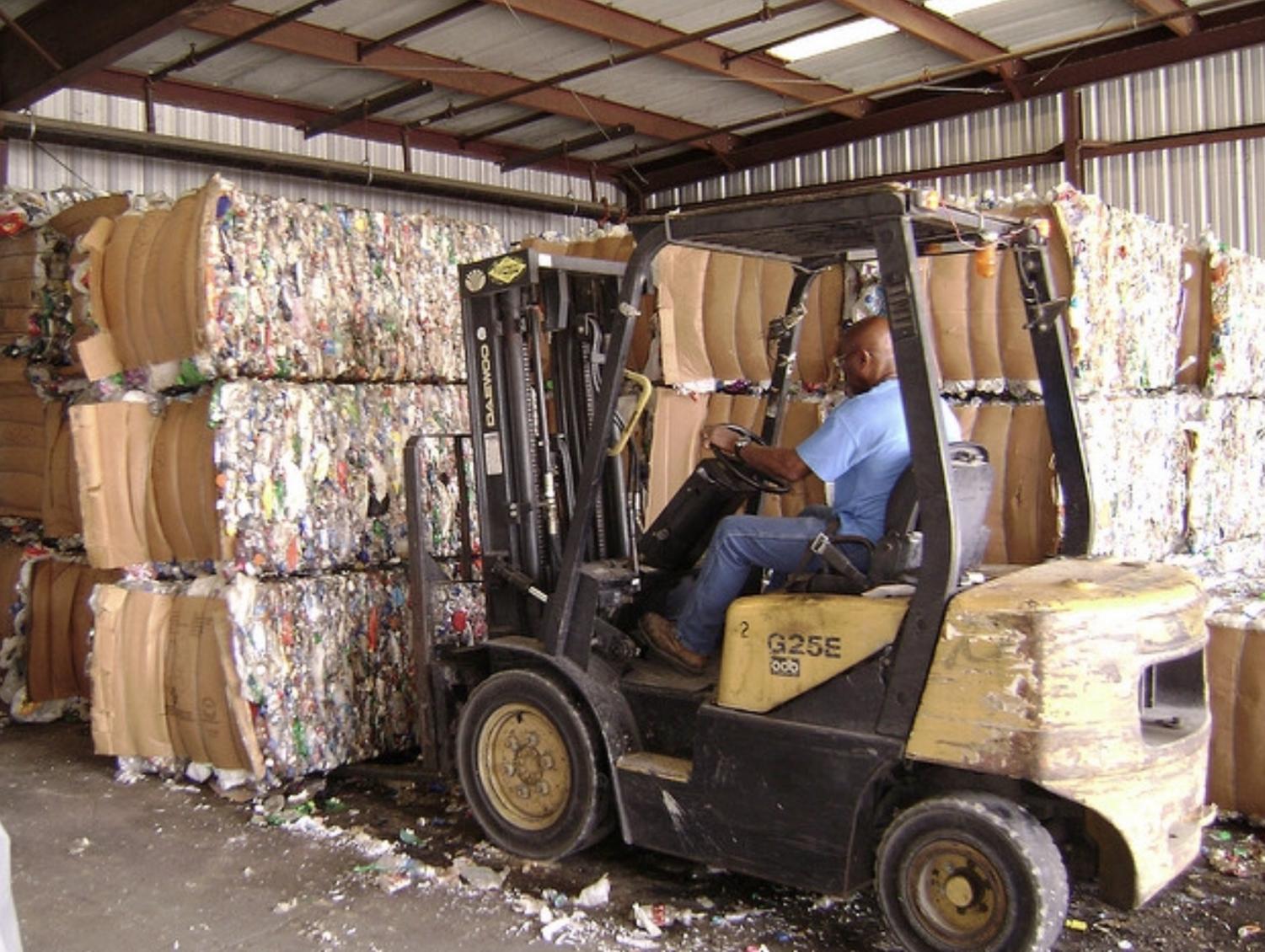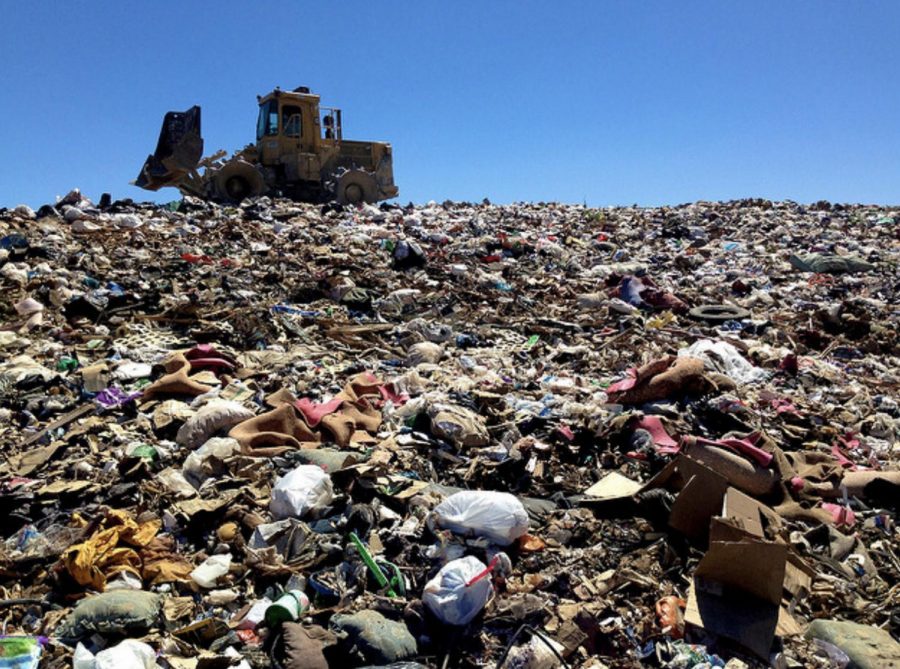Reduce, reuse, refused: American recycling in jeopardy
Photo via Flickr under the Creative Commons license
About 111 million metric tons of waste will be displaced due to China’s change in policy.
China’s refusal to accept solid waste from the United States has resulted in a severe challenge to domestic recycling. Last year, China tightened regulations and stopped allowing certain solid recyclables after serious environmental damage to local sites.
“[China] didn’t just change the policies, they radically changed the entire world market in one fell swoop,” Joe Greer, director of sales at Buffalo Recycling Enterprises, told The Washington Post. Buffalo Recycling Enterprises handles recyclables from small towns along Lake Eerie.
The problem stems from the dearth of American facilities able to process mass amounts of waste. The United States has been exporting plastic and other recyclables for decades and is now incapable of handling the dramatic buildup of material. Consequently, companies are being shut down, and entire communities, especially in smaller towns, are left without ways to recycle.
“Recycling programs will face challenges unless the cities begin to envision a more durable business model,” Richard Coupland, vice-president of municipal sales at Republic Services Inc. told The Wall Street Journal. Republic Inc. is one of the top two solid waste companies in the nation and serves many homes and organizations in Northeast Ohio.
Since China stopped importing recyclables, the United States has sent waste to other countries like Malaysia, Thailand or Vietnam, NPR reports. However, these countries lack the advanced capabilities of China and are already reaching the maximum capacity of American waste.
“What we need to do is take responsibility in making sure waste is managed in a way that is responsible,” Jenna Jambeck, associate professor of engineering at the University of Georgia, stated in NPR’s article. Currently, the United States lacks a “responsible” recycling model and the resources to manage the amount of waste produced.

Since China stopped accepting foreign waste, plastics bottles and other materials will rapidly build up in landfills.
Coupland’s and Jambeck’s opinions are shared by local individuals, including WJ senior Laney Buck, a future environmental engineering major.
“The United States needs to figure out a way to make [recycling] more streamlined domestically,” Laney said. “China shouldn’t have been taking our recyclables in the first place.”
The effects of the Chinese change in policy is only now being felt by US citizens. The current American recycling infrastructure is unsustainable for future generations. Soon, the ill effects of sub par systems will literally pile up.
“By 2030, an estimated 111 million metric tons of plastic waste will be displaced because of China’s new law,” a study by Science Advances reveals. “Without bold new ideas and management strategies, current [American] recycling rates will no longer be met, and ambitious goals and timelines for future recycling growth will be insurmountable.”

Hi! My name is Adriana Brown and I am a senior and staff writer. I enjoy art and music, the outdoors, and cooking. I also love spending time with my family...






